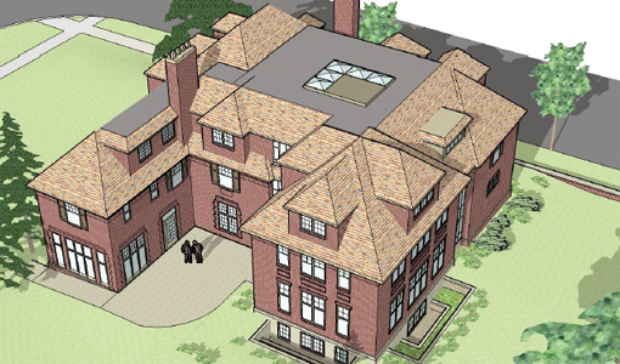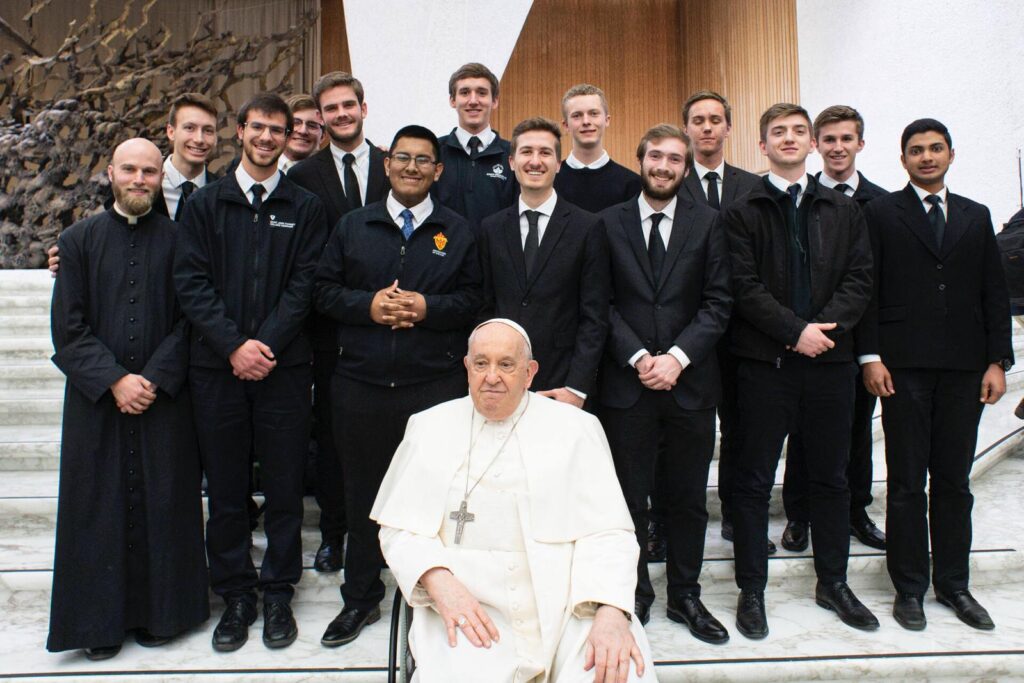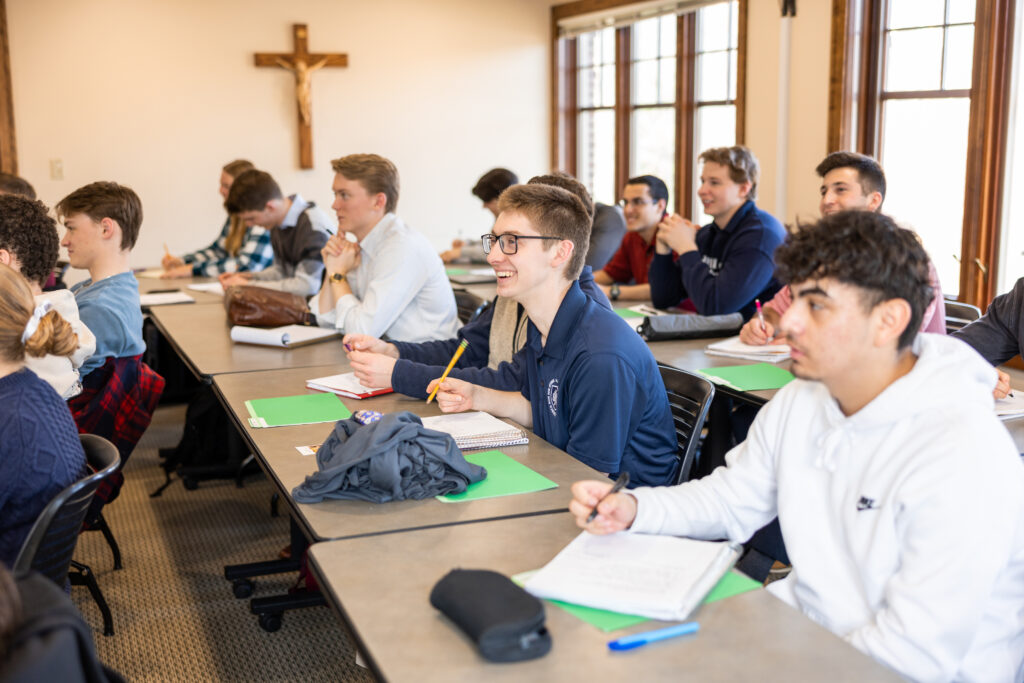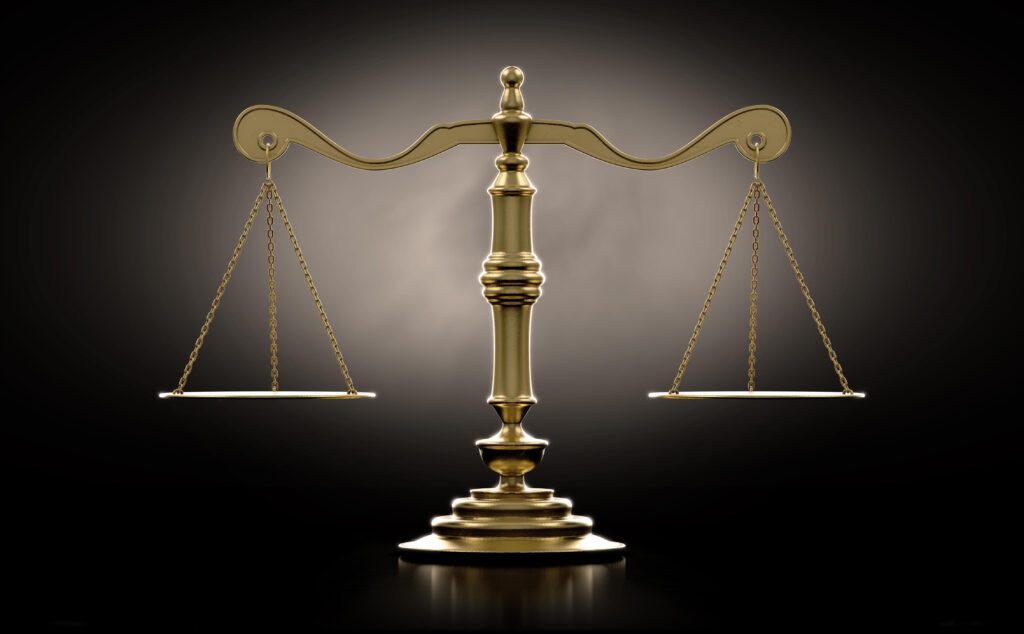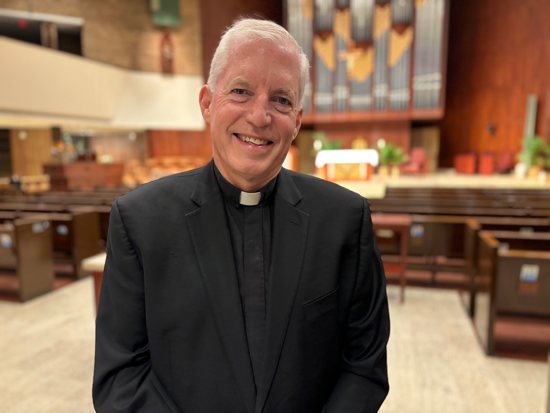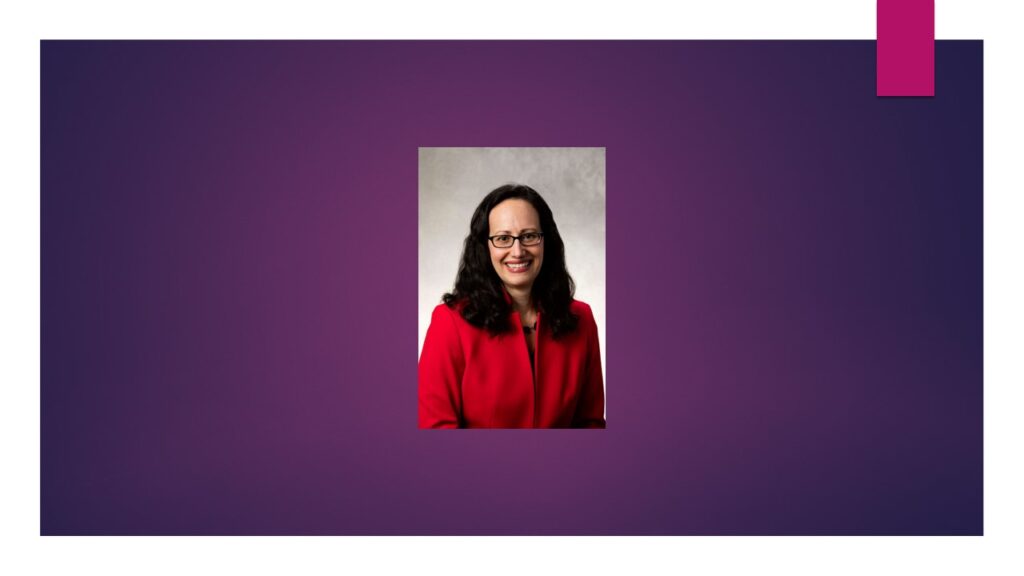Humankind’s rapidly expanding powers over life and death call for a correspondingly deeper wisdom about the human person.
The Church and the Biomedical Revolution is the title of a three-year series of public lectures and summer seminars at UST sponsored by the Center for Catholic Studies and the Lilly Grant program, Beyond Career to Calling. The aim of the series is to examine the Church’s contribution to the public debate occasioned by contemporary advances in the life sciences and medical practice. Humankind’s rapidly expanding powers over life and death call for a correspondingly deeper wisdom about the human person. “But where,” the biblical Job plaintively asked, “shall wisdom be found?” The premise of this series is that traditional Christianity, as practiced primarily in the Catholic and Orthodox churches, but including all churches committed to what has been called the “Great Tradition,” has been and remains an invaluable repository of such wisdom.
Renowned bioethicist H. T. Engelhardt Jr. inaugurated the series with a lecture on April 3, titled “The Culture Wars and Bioethics: Medical-Moral Theology Reconsidered.” Engelhardt, a philosopher and Orthodox Christian who teaches at Rice University in Houston, is editor of the quarterly journal Christian Bioethics. His lecture challenged the audience to acknowledge rather than downplay the sharp differences between a traditional Christian approach to biomedical morality and the robustly secular approach of mainstream bioethics.
From July 14 to 18, the first summer seminar of the series took place, led by two scholars from the National Catholic Bioethics Center in Philadelphia, Drs. Marie Hilliard and Stephen Napier. The theme of the seminar was “Catholic Health Care in the Age of Biotechnology: A Ministry or a Government Sponsored Biomedical Endeavor?” Eighteen participants – including St. Thomas faculty, staff, graduate students and members of the Twin Cities’ medical and legal communities – discussed and debated the nature of the Church’s involvement in public bioethical debates across a wide range of subjects, from abortion to xenotransplantation.
The series’ third event, held on Nov. 13, was a public lecture by Dr. Frank Beckwith of Baylor University, titled “Bioethics and the Religious Citizen in a Liberal Democracy.” Beckwith is currently a visiting scholar at the Center for Ethics and Culture at the University of Notre Dame and is the author of the recently published Defending Life: A Moral and Legal Case Against Abortion Choice (Cambridge University Press, 2007).
Future plans for the series include two more summer seminars. One will focus on questions related to longstanding but recently controversial issues such as the provision of foods and fluids at the end of life. The second will cover emerging new technologies such as genetic therapy and enhancement. Four more lectures related to these themes, two per year, are also being planned. For further information visit www.stthomas.edu/cathstudies/biomedrevolution.
